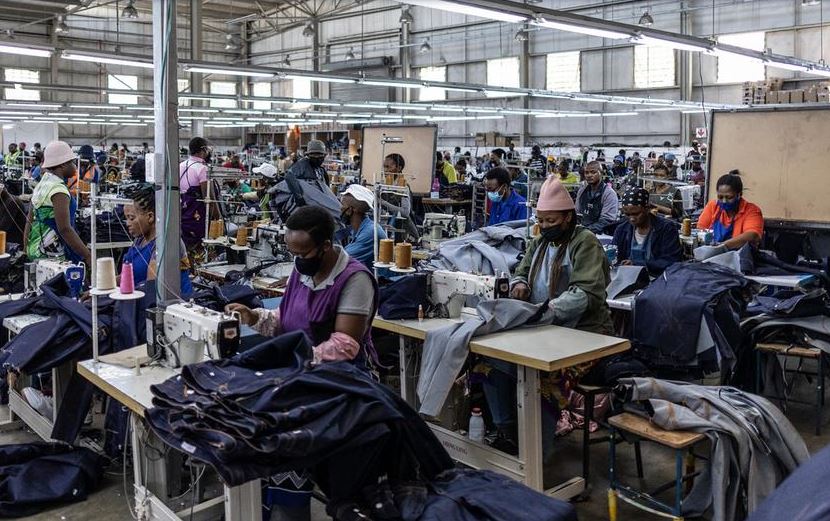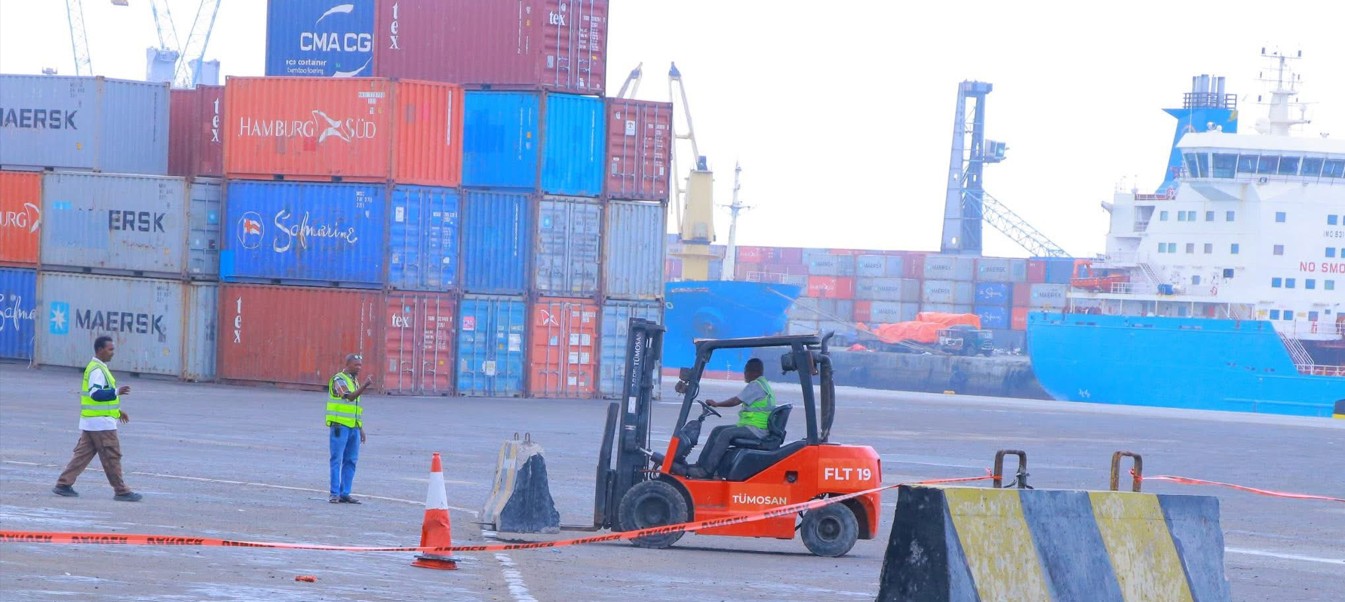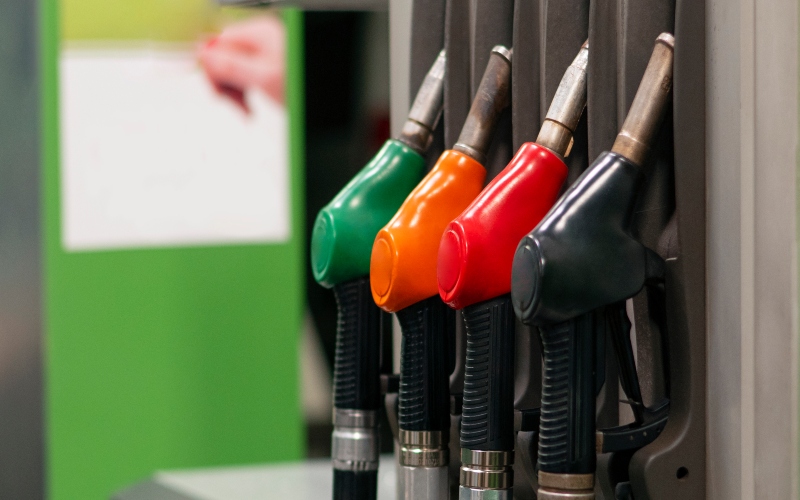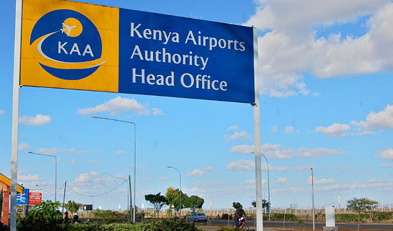MPs reject Treasury's plan to scrap VAT relief on mobile phones, solar, animal feeds
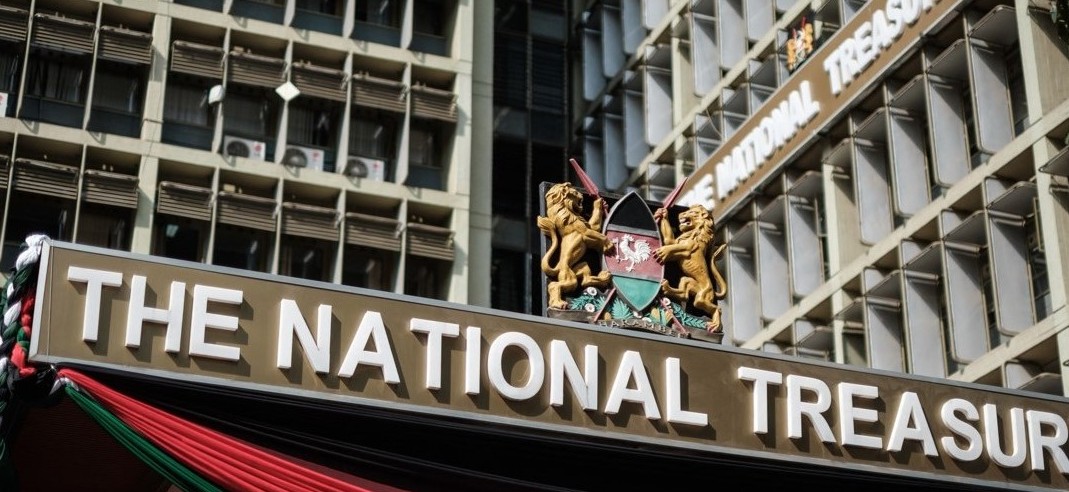
The National Assembly’s Finance and Planning Committee has rejected the proposal to shift seven essential items from zero-rated to VAT-exempt, arguing it would drive up production costs and hurt both consumers and businesses.
The National Assembly has blocked a plan by the National Treasury to change the tax status of key products by removing VAT benefits, a move that was meant to raise an extra Sh30 billion in the Finance Bill 2025.
The National Assembly’s Finance and Planning Committee has rejected the proposal to shift seven essential items from zero-rated to VAT-exempt, arguing it would drive up production costs and hurt both consumers and businesses.
More To Read
- Governors warn of service paralysis as e-procurement dispute deepens
- IEBC declares preparedness for November 27 mini-polls as Treasury releases funds
- MPs accuse Agriculture and Food Authority of ethnic bias, discrimination against PWDs
- MPs question proposed sale of East African Portland Cement shares to Tanzanian firm
- No new levies in 2026 budget as Treasury focuses on improving revenue efficiency
- Senators demand tough action after Lands CS Alice Wahome skips appearance
The rejected proposal included locally assembled and manufactured mobile phones, electric bicycles, solar and lithium-ion batteries, and electric buses classified under tariff heading 87.02.
Others were inputs and raw materials used to make animal feeds, bioethanol vapour stoves under HS Code 12.00, and motorcycles listed under tariff heading 8711.60.00.
The Treasury had aimed to boost revenue collections by changing its tax classification. However, the committee said the proposed changes would hurt industries and increase consumer prices by blocking businesses from reclaiming input VAT.
“The committee noted that these supplies were only recently moved to zero-rated status under the Finance Act, 2023, as part of efforts to support local industries and reduce the cost of essential goods,” the report stated.
Unlike zero-rated goods, exempt goods do not allow companies to recover input VAT, which leads to higher costs that are often passed to the final buyer.
The committee warned that going back to exempt status would undo recent reforms and introduce uncertainty in the tax system.
“Therefore, reverting them to exempt status would undermine the objectives of that reform and introduce uncertainty into the tax framework. Such a change could increase production costs, costs likely to be passed on to consumers, ultimately discouraging investment and hindering economic growth,” the committee said.
If the recommendation is adopted, the government’s revenue projections will take a hit, at a time when it is already struggling to balance revenue collection with public demands.
The Finance Bill 2025 avoided steep tax increases, unlike last year’s bill, which had targeted a record Sh346 billion in tax hikes.
At the time, the government hoped to raise Sh314 billion but was forced to backtrack after massive public protests left more than 50 people dead.
Top Stories Today


